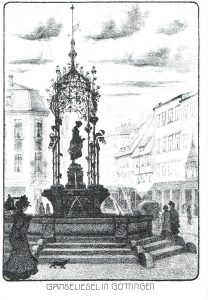CURRICULUM AND PEDAGOGY WORKS
(doctoral student symposium)
Wednesday, November 4, 2017
1:00-4:00 Scarfe 1209
Re-signifying Curriculum Studies from Indigeneity in the Mexican and Kenyan Contexts
Panelists: Maria Jose Athie-Martinez & Philip Kimani Karangu with Special Guest Dr. Samson Nashon
Program
- 13:00-13:10 Introduction and program
- 13:10-14:00 Re-signifying Curriculum through Culturally Responsive Education on Indigenous Context in Canada and Mexico (Athie-Martinez)
- 14:00-14:30 Two Small Group Discussion activities about readings and relation to students’ PhD thesis
- 14:30-14:45 Break
- 14:45-15:45 Re-signifying through Social Constructivism the Curriculum in Refugee camps in Kenya (guest speaker Dr. Samson Nashon from 15:00-15:30) (Karangu)
- 15:45-16:00 Class Discussion activity as closing and concluding symposium
Readings
Furlan, A. (2011) “Curriculum studies in Mexico: Key scholars”. In W. Pinar (Ed.), Curriculum studies in Mexico: intellectual histories, present circumstances (pp. 111-136). New York, NY, Palgrave.
Dei, G. J. S. (2000). African development: The relevance and implications of ‘Ìndigenousness’. In G. J. S Dei, B. L. Hall & D. G. Rosenberg (Eds.), Indigenous knowledge in global contexts: Multiple readings of our world (pp. 70-86). Toronto, ON: University of Toronto Press.
Additional readings or resources:
Athie-Martinez, M.J. (2010). Learning from inside: The perspective of Elders, teachers, math educators and mathematicians in the process of developing culturally responsive education (Unpublished MA Thesis). University of British Columbia, Vancouver, BC.
Karangu, P. (2017). Hidden curriculum Revealed: A case study of Dadaab refugee camps schools (Unpublished MA Thesis). University of British Columbia, Vancouver, BC.

 Follow
Follow